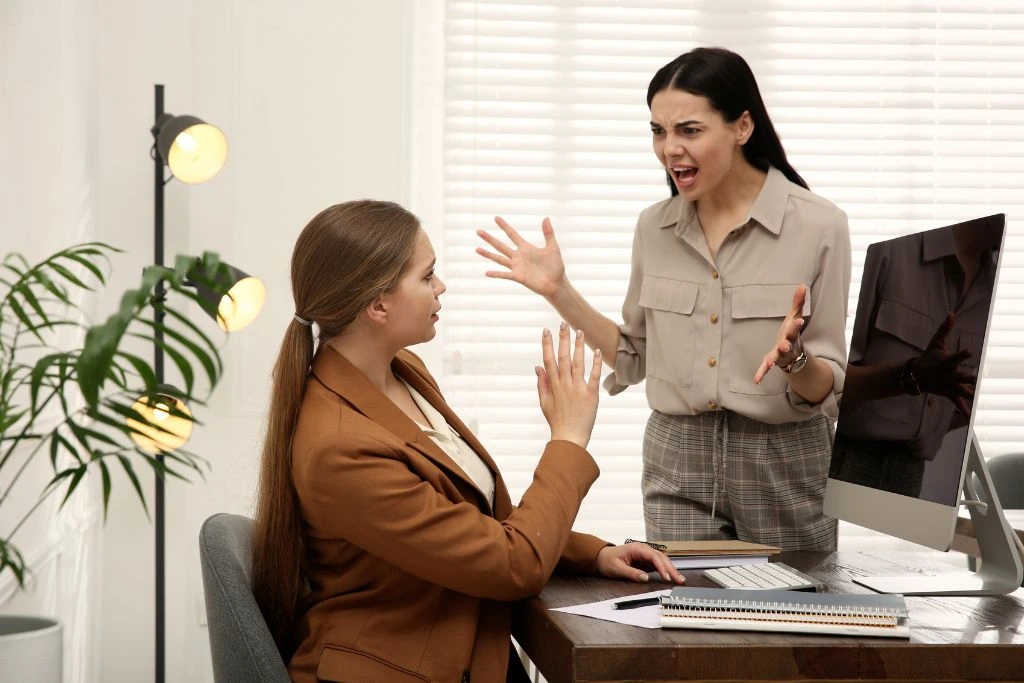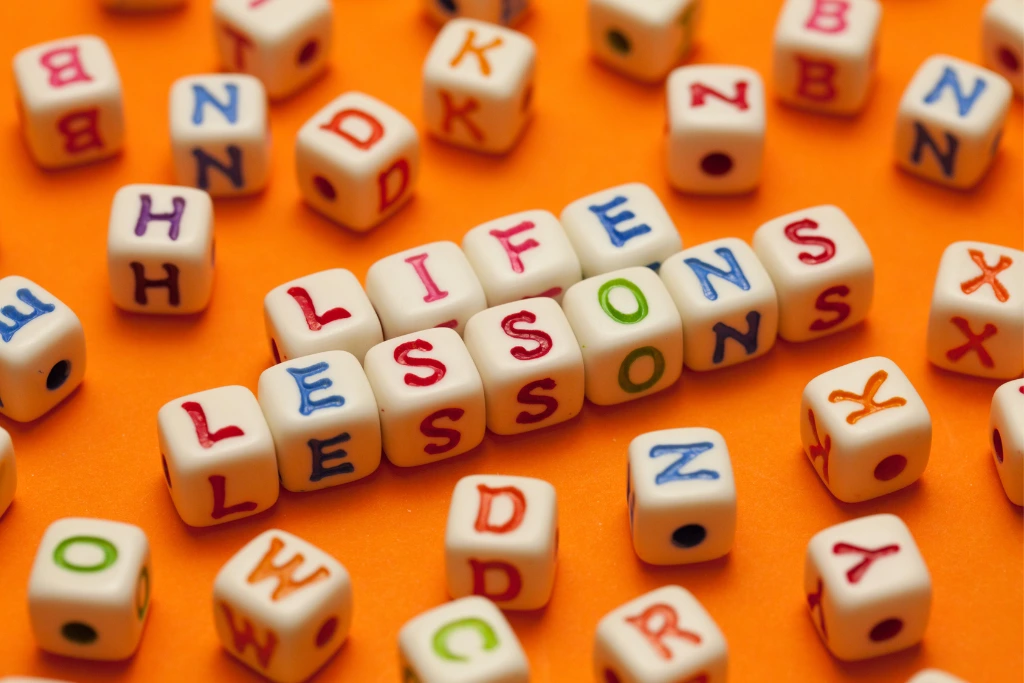
In 2009, Johnny Ward was living in Australia and working for a company that organized corporate conferences.
The sales job paid commission only, which earned him a possible total of $20,000 per month.
Ward, who was raised by a single mother in northern Ireland, mentioned that after years of working various jobs for little pay, he couldn’t believe how much money he was earning. “I come from quite a poor family,” Ward says. “It was crazy. Not having had much growing up, I’m careful with money now because I don’t want to go back to being broke again.”
Ward graduated from college in 2006 and took on a regular office job. In addition, he worked as a counselor at summer camps in the U.S. and taught English in Thailand between 2006-2007. To raise money for his five-week medical research project participation fee in an Irish hospital, which cost approximately $2,000-$3,000.
The high-paying, secure job in Australia wasn’t enough for him. He felt like it was missing something important. “It didn’t fulfill me in any way,” he says now at 31 years old. “I wasn’t free– I had to ask for permission to take time off of work. And I don’t do well with authority.”
He only lasted six months in his sales job, so when he tried to leave, his employers offered him a new position, doubling his salary and sponsoring an Australian passport. Even though Ward accepted, he didn’t enjoy it as much. He only stayed in the role for another four months.
He took off for Africa in 2010 because, as he said, “The World Cup was on and I had all this money burning a hole in my pocket.” He’d never encountered that amount of cash in his bank account before and decided to buy a one-way ticket to Zimbabwe.
Before Ward arrived in Zimbabwe, he spent a few months setting up a travel blog. He now had the money to document the exploring he wanted to do.
He chuckled as he said, “I’m not good with technology. If I forget my Facebook password, it’s a pain to try and remember it again. At one point, I thought people who made money online were scams. It seemed unbelievable that anyone could do it- but then I found out what *exactly* they did and saw that it was possible after all.”
“I recollect the initial bucks I ever earned,” he states. “It was around $80. The very first person who paid me for an advertisement on my site changed my entire mindset, and I realized ‘This could work!'”
Ward’s goal is to visit every country in the world and uses his blog OneStep4Ward to provide others with tips on how he does it. He also started Step4Ward Media– an online company that helps generate content and manage SEO for customers. Working closely with only four other people virtually, they have made $1 million in three years; averaging around $1000 a day.
He invested some of his income in a two-bedroom apartment situated in Thailand where he now escapes to work and relax for three months out of every year. So far, his wanderlust has resulted in him visiting over 140 countries.
“It doesn’t seem that real,” he reflects. “I don’t live a flash lifestyle, so it feels arbitrary. I’m really careful with my money. I have a wealth manager in the U.K., and I’m investing heavily. I bought a place in London and one in Bangkok, and I’m looking to buy another in London.”
If you want to live a life as he does, he advises that you take the plunge. “I worry in the social media age. People get so caught up in creating inspirational memes and oversharing when you just gotta do it,” he says.
“I love to read that stuff, but you need to draw a line in the sand and say, ‘Now I’m going to do it.’ You can get caught up in online hyperbole. I tell people you don’t need to make $1 million. Initially, you can make $1 or $10 or $50, and have that money in your Paypal and then be like ‘Wow, this is possible.’”
Also, he says, to start a blog: “No matter how you plan to make money online, always start a blog, even if you’re not going to monetize. Have a voice. Be an authority. I think having a blog is so integral to that movement.”
“I always dreamed of being free,” he says. “Initially that feeling came from backpacking broke, but I wasn’t truly free because I wasn’t financially free. Truly free is to have the financial security to allow you to do whatever you want to do.”
Libby Kane, a writer for Business Insider, originally published this article.
You Might Also Enjoy:









